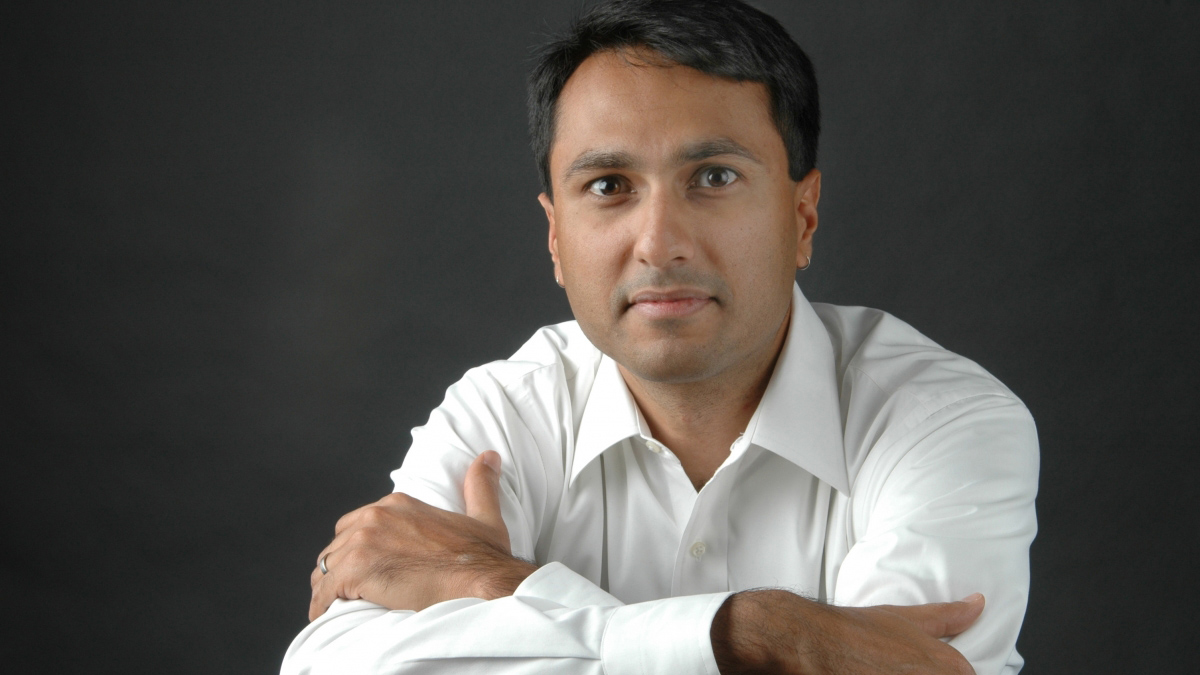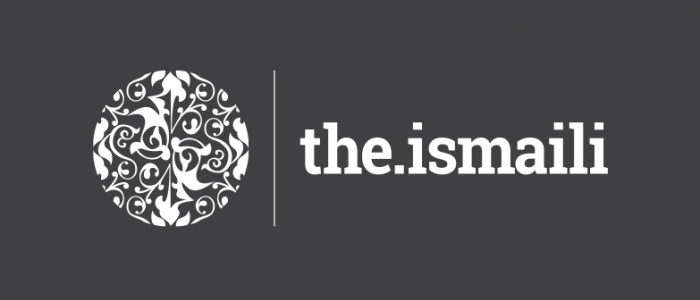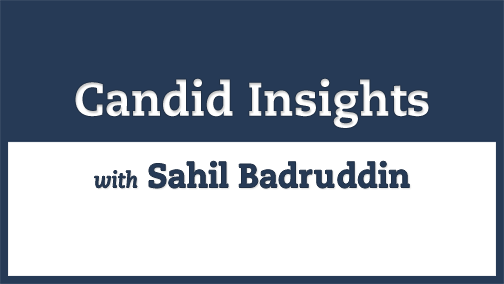Eboo Patel on Interfaith Cooperation and Pluralism
EDITORS’ NOTE: Dr. Eboo Patel — Founder of the Interfaith Youth Core and a member of former President Barack Obama’s inaugural Advisory Faith Council — discusses his insights on Interfaith Leadership, Action, and Dialogue; Pluralism, Homogenization, and Intellectual Diversity; Partnerships, Faith Leadership, and his vision for the Future. Published for OnFaith.Co (formerly Washington Post) and The.Ismaili
Short Excerpts from the Interview
Challenges in Today’s World
Sahil Badruddin: Given your message around the urgency of interfaith leadership, you say and I’m paraphrasing — interaction between religious people who orient differently can become a few things. They can become bubbles of isolation, barriers of division, bludgeons of domination, bombs of destruction, or bridges of cooperation. But here is the crazy obvious thing. Bridges don’t fall from the sky, nor do they rise from the ground. People built them.
So what, in your opinion, are the top two or three challenges, whether it be administrative, social, societal, intellectual, political, or any other areas you feel that the world faces, today, that negates or overwhelms the spread of more interfaith efforts around the world?
Eboo Patel: I think that there are two reasons that a set of people are suspicious of interfaith work. One is, there’s a set of people who view this, as I like to say, as an afternoon coffee issue, but not a morning coffee issue. By that I mean afternoon coffee is something that is nice to have, but morning coffee, a lot of people think is a need to have, and I think part of the goal of the Interfaith Youth Core is to spread the message that interfaith cooperation is actually a morning coffee issue.
It’s a need to have issue, that’s a top five priority. I think a second reason that some people are…look [suspicious of] interfaith work is…[based on] some version of a purity test. They say…basically they only want to work with people who are different in the way that — with differences that they like. And as I like to point out, diversity is not just the differences you like, there are also the differences you don’t like, and a very important part of interfaith cooperation is working with people who have views that you actually don’t really like.
And as I like to point out, diversity is not just the differences you like, there are also the differences you don’t like, and a very important part of interfaith cooperation is working with people who have views that you actually don’t really like.
I think that there are limits to that, but I don’t think the limit can be 50% of the population of a country. As I have taken a say, I’m not going to buy a cookie from the KKK Bake sale, but I’m certainly going to engage with somebody who voted differently than I did because otherwise, I’m not really engaged in diversity work.
Vision for the Future
Sahil: Great thinkers also often reflect about a vision for the future. We normally talk about these in general terms, but could you name a specific objective that you could see the world can achieve, let’s say in 25 to 50 years? And what insights and suggestions would you offer that might help them address and achieve this vision?
Eboo: Well, we talk a lot here at Interfaith Youth Core about interfaith cooperation becoming a social norm. So what would be some of the signs of that? Our work is limited largely to the United States, so I’ll just speak in the American context for a minute.
What if every small and large city in the United States had a day of interfaith youth service, and the Mayor of that city, be it New York or Louisville, or Houston or Dayton, Ohio, was present at that day of interfaith youth service and cut the ribbon on it, just like cities have marathons, and they have Environmental Cleanup Days and Martin Luther King Day celebrations — it’s just part of a city’s calendar.
What if every small and large city in the United States had a day of interfaith youth service … just like cities have marathons, and they have Environmental Cleanup Days and Martin Luther King Day celebrations — it’s just part of a city’s calendar. … These are the kinds of signs that would indicate interfaith cooperation becoming a social norm.
Similarly, what if every city had a day of interfaith youth service? What if a typical question that the hiring committee of a synagogue or a masjid or a gurdwara or a church, what if a typical question for a clergy person they were hiring was, “how do you plan to build interfaith cooperation in your role as our lead clergy here?” Just like, I imagine, committees ask these days about how that person tends the whole worship services and how that person intends to take care of the facilities over the coming years.
What if interfaith cooperation was one of those kinds of questions? What if every college in the United States had an interfaith student council? What if…there were interfaith councils in every city across the United States? These are the kinds of signs that would indicate interfaith cooperation becoming a social norm.
About Eboo Patel
Eboo Patel is a leading voice in the movement for interfaith cooperation and the Founder and President of Interfaith Youth Core (IFYC), a national nonprofit working to make interfaith cooperation a social norm. He is the author of Acts of Faith — which won the Louisville Grawemeyer Award in Religion — Sacred Ground and Interfaith Leadership. Named by US News & World Report as one of America’s Best Leaders of 2009, Eboo served on President Obama’s Inaugural Faith Council. He is a regular contributor to the public conversation around religion in America and a frequent speaker on the topic of religious pluralism.
He holds a doctorate in the sociology of religion from Oxford University, where he studied on a Rhodes scholarship. For over fifteen years, Eboo has worked with governments, social sector organizations, and college and university campuses to help realize a future where religion is a bridge of cooperation rather than a barrier of division. Website: www.ifyc.org; Twitter:@EbooPatel.



